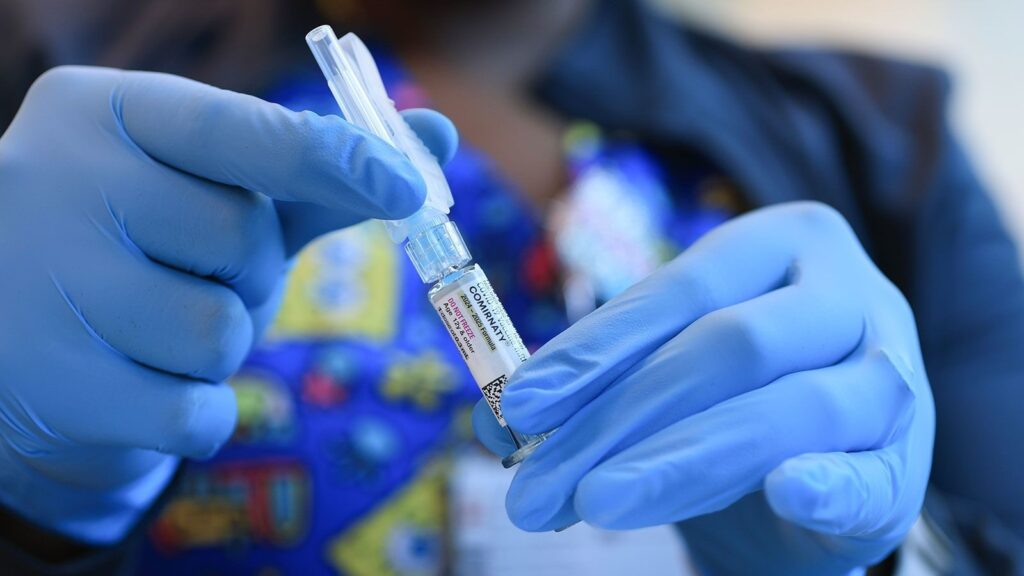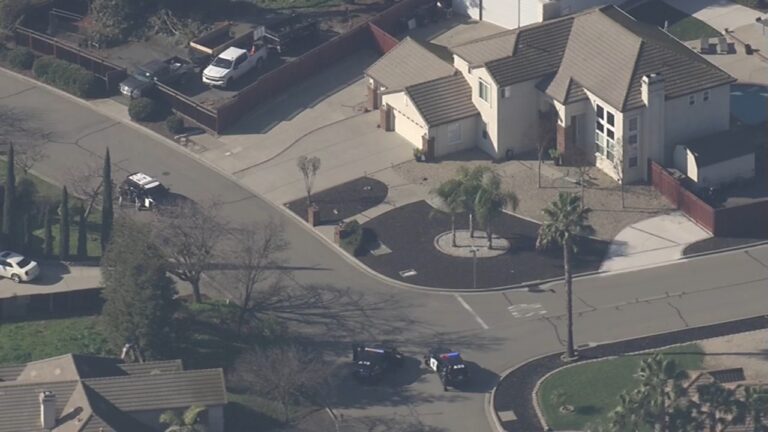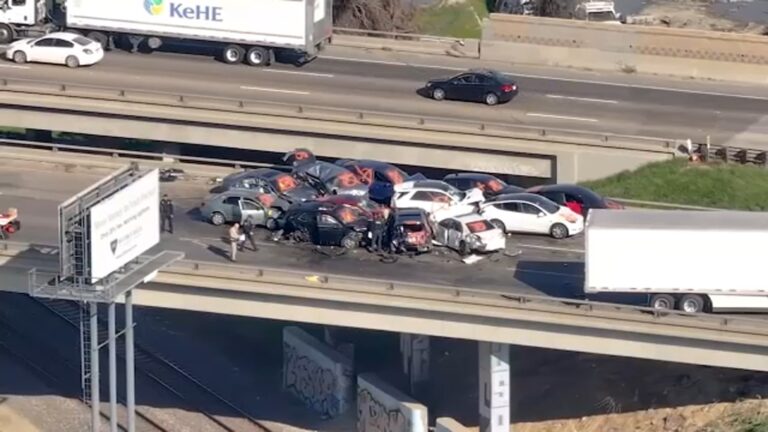
Federal officials in the US say that COVID-19 vaccines remain available to everyone, despite new restrictions on the groups that they’re approved for. But experts suggest that claim is misleading, as the more narrow approval may raise significant barriers to access for many Americans.
On Wednesday, the US Food and Drug Administration approved updated COVID-19 vaccines specifically for seniors and younger people who have health conditions that put them at higher risk from COVID-19 – a much more limited approach than earlier approvals that greenlit the shots for everyone ages 6 months and older.
FDA Commissioner Dr. Marty Makary said in a social media post on Thursday that “100% of adults in this country can still get the vaccine if they choose. We are not limiting availability to anyone.” White House press secretary Karoline Leavitt also said Thursday that “the FDA decision does not affect the availability of COVID vaccines for Americans who want them. We believe in individual choice.”
But for healthy people who do not fall into the specified groups, experts say that choice may be limited by who can offer the vaccine and whether insurance covers it.
To get an updated COVID-19 vaccine for the upcoming respiratory virus season, healthy children and adults younger than 65 will need to get it prescribed “off-label” – the practice of using a medical product outside of the terms for which the FDA has explicitly approved it.
This theoretically makes vaccines available but “ignores the practical barriers the policy created,” said Dr. Jake Scott, an infectious disease specialist with Stanford Health.
“Technical availability and practical accessibility are very different things,” he said. “The administration replaced straightforward pharmacy access with a system requiring provider consultations, navigating insurance uncertainty and finding willing pharmacies.”
The vast majority of COVID-19 vaccinations have typically happened in pharmacies or drug stores, but off-label prescribing requires a visit with a physician or other health care provider.
Some physicians may not be as comfortable prescribing off-label as others, experts say, and pharmacies may take a more conservative approach, too.
“In the current environment, where things are turbulent, a bit strict and very uncertain, pharmacies might not want to put their businesses at risk of being accused of giving vaccines inappropriately,” said Dr. William Schaffner, an infectious disease expert at Vanderbilt University.
Dr. Jerome Adams, who served as US surgeon general during the first Trump administration, also noted on social media this week that about 11% of US adults are uninsured and lack access to a doctor.
“RFK promised – under oath – that anyone who wants a vaccine will be able to get one. Now he says you can only get one if your doctor says so. To be frank and objective, unless he’s also giving everyone access to free healthcare, he seems to be reneging on his promise,” Adams wrote. “Math doesn’t add up.”
Insurance coverage for off-label prescriptions can also vary, potentially leaving patients with substantial out-of-pocket costs for a vaccine that has historically been free, experts say.
“The idea of having people receive the vaccine prescribed off-label by a physician will work occasionally for some persistent people who have access to money to pay and a cooperative physician, but it is no solution for most of us,” said Dr. Kelly Moore, president and CEO of immunize.org, a nonprofit organization focused on vaccine access.
Claims of universal COVID-19 access are “demonstrably false,” Scott said, because there are no options available for children under 5 who don’t have an underlying condition that puts them at higher risk of severe illness. Emergency use authorizations for COVID-19 vaccines are rescinded, US Department of Health and Human Services Secretary Robert F. Kennedy Jr. said Wednesday, which means Pfizer’s COVID-19 vaccine, Comirnaty, is no longer authorized for children younger than 5. Moderna’s Spikevax vaccine is approved for children as young as 6 months, but only if they have an underlying condition that puts them at higher risk.
More questions remain, as the independent advisers to the US Centers for Disease Control and Prevention’s Advisory Committee on Immunization Practices, or ACIP, still have not weighed in on the updated COVID-19 vaccines – and their decisions can affect access in a variety of ways, experts say.
In some states, CDC recommendations are linked to the authority that pharmacists have to give vaccines.
“The confusion will be at the point of service,” Dr. Georges Benjamin, executive director of the American Public Health Association, said at a news briefing Thursday. “There are some pharmacists and nurse practitioners that, if it’s not on the [CDC vaccine] schedule, by law, they’re not allowed to give it. So that might be a barrier. And then there are some physicians who – for a variety of reasons, cost reasons, etc. – don’t keep it in their office. They’ll write a prescription, send you to the pharmacist to get it. But then the question is, can the pharmacist then give it?”
Each state’s board of pharmacy may have to discuss this issue, and there may end up being 50 different state solutions, Benjamin said. And some states may require those changes to go through the state legislature, which may not happen until January.
When it comes to COVID-19 vaccines, the US is “in real uncertain times,” Schaffner said – but virus trends are much more certain.
“COVID is not going away. We anticipate with full confidence, I’m afraid, that there will be a substantial winter increase in COVID and that we will have, as a consequence, hospitalizations, people admitted to intensive care units and some deaths. There’s no doubt about it,” he said.
(The-CNN-Wire & 2025 Cable News Network, Inc., a Time Warner Company. All rights reserved.)

Duncan Meyers, founder of BDJOBSTODAY, shares expert career advice, job market insights, and practical tips to help professionals grow and succeed in their careers.



